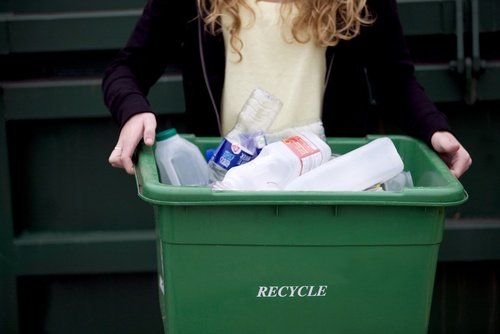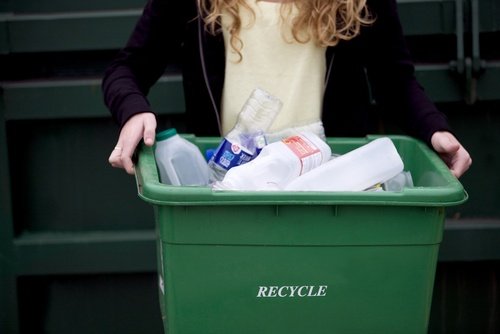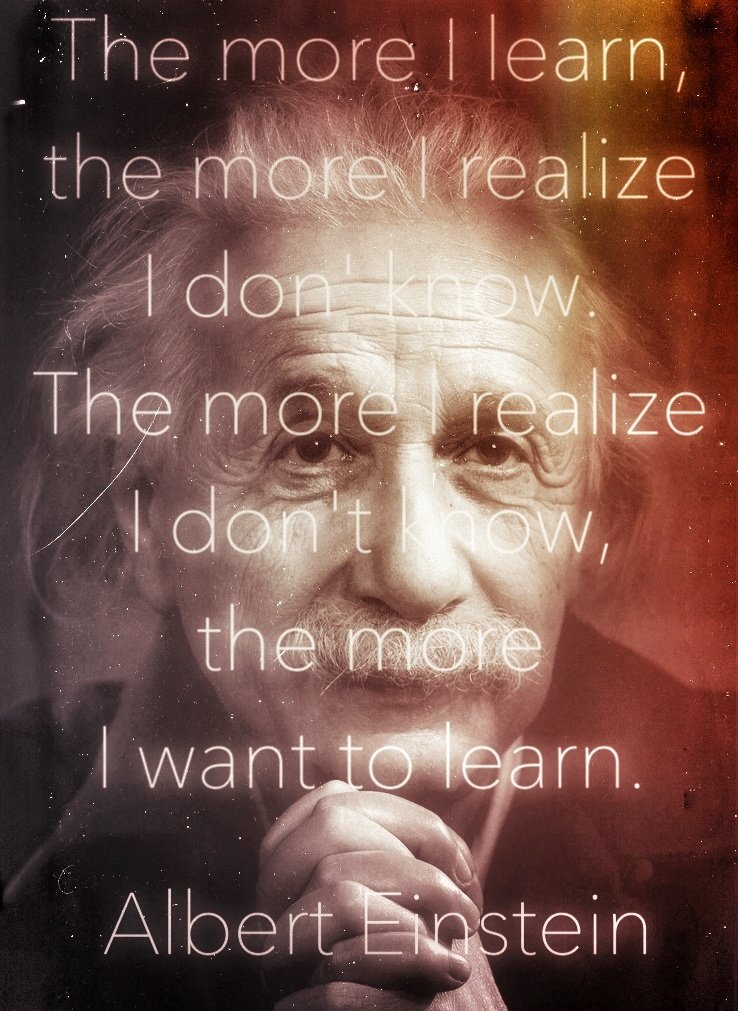4 Reasons Residents Suffer From Recycling Overconfidence

Recycling overconfidence and the disconnect between perceived knowledge and real life know how is prevalent across North America.
A 2014 poll showed the disconnect between American’s perceived recycling knowledge and actual recycling practice:
- 67 percent said they were clear on what materials go into a recycling bin or cart, yet
- 20 percent admitted to placing an item into a recycling bin or cart even when they are not completely sure it is recyclable,
- and 9 percent admitted they have put trash in a recycling bin or cart when their trash bin or cart was full
Recycling overconfidence makes your job harder. How are you supposed to teach residents if they think they know it all?
 While the solution is not simple, the good news is, that a little awareness on your end, can go a long way.
While the solution is not simple, the good news is, that a little awareness on your end, can go a long way.
Understanding why residents are over confident might just be the antidote to getting past this cumbersome hurdle. So to help you get ahead of the curve –
Here’s why residents suffer from over confidence when it comes to recycling:
- They’ve been recycling for a long time
Many residents began recycling as children—they’ve been doing it for years. With the behavior already engrained in their lives and part of their everyday routine, it is difficult to tell them that they’ve either been going about things wrong, or that they just don’t know all that there is available to know. Residents perceive time as an indicator of knowledge when it comes to recycling.
- No reward or punishment for good or bad recycling
A huge contributor to recycling over confidence is that there is no direct punishment for incorrect recycling behavior. If you stood in front of community recycling and trash bins with a blow horn and horned everyone who threw their cup in the wrong bin, the humiliation would probably be just what you need to instigate behavior change. But since this is likely never to happen, residents often get away with disposing incorrectly, leaving things unnoticed and unreprimanded. And on the other end of the spectrum, recycling extraordinaires are seldomly celebrated.
- Residents are busy
Bringing us back to Einstein’s insight, another reason why residents are over confident about recycling is because they have no time to learn more about recycling which prevents them from realizing that there is more to know. This chicken and the egg predicament creates a habitual cycle of ignorance. Many residents are so busy balancing a hectic schedule, raising families and running from work to chores, that they often go through the motions of life feeling confident about their recycling practices, without being properly informed about their local recycling programs.
- There is a lack of competition
Competing with others often keeps people “in check” when it comes to confidence or self- perception. If you are constantly beating those around you, chances are you are very good at the thing you are beating them at and thus a great sense of confidence develops. If you are constantly coming up short in comparison to others, chances are, your confidence will then drop. But when it comes to recycling, residents have no idea if they are recycling better than their neighbor or if they are recycling worse. And because there is zero sense of competition, residents have absolutely no measuring stick to keep their overconfidence in check.
These are 4 reasons why residents suffer from recycling over confidence. What are some ways that you can overcome these hurdles?
Download the free whitepaper:
{{cta(’07f3ed91-b75c-488d-bfc6-01dd6f50d472′)}}
 Albert Einstein said: “The more I learn, the more I realize how much I don’t know.”
Albert Einstein said: “The more I learn, the more I realize how much I don’t know.”
While he probably wasn’t talking about recycling, the sentiment still rings true in this arena of everyday life. If residents learn more about recycling, the humbler they may become and the more they realize that there is still much more to know. But as exciting as this prospect is, an inconvenient truth still remains: recycling overconfidence often gets in the way of this productive humility, leaving many residents completely unaware that there is more to learn about recycling in the first place.